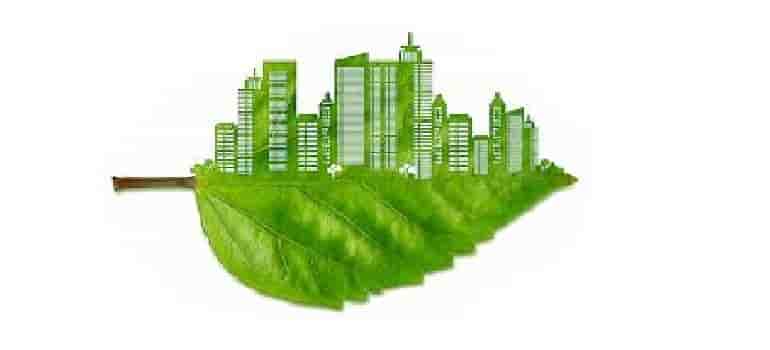Joint initiative by WRI India, AEEE, EcoCollab, and Mahindra Lifespace Developers leads the way
India’s booming building and construction sector has come together for a Call for Action Event under the Decarbonisation Business Charter (DBC). Collaboratively initiated by WRI India, Alliance For an Energy Efficient Economy (AEEE), EcoCollab, and Mahindra Lifespace Developers, the event, which took place on September 12 in Bengaluru, highlighted the industry’s commitment to addressing its significant societal and environmental impacts.
The DBC aims to unite stakeholders throughout the building and construction value chain to promote sustainability and a low-carbon future. This comprehensive approach involves architects, designers, developers, contractors, property owners, facility managers, material manufacturers, and industry organizations in a collective effort toward ecological responsibility.
Challenges in Bangalore’s Real Estate Sector:
The city of Bangalore, like many urban centers, grapples with sustainability challenges due to rapid urbanization, population growth, and economic development. Key issues include:
- Waste Management: Inefficient waste management practices in construction and residential areas contribute to environmental pollution. The city generates an estimated 3,500 to 4,100 tonnes of construction and demolition waste daily.
- Water Scarcity: Over-extraction of groundwater for real estate projects has led to declining water tables. Inadequate drainage systems exacerbate flooding during monsoon seasons.
- Resource Consumption: The rapid growth of infrastructure in Bangalore consumes vast natural resources, resulting in higher embodied carbon emissions from the building sector.
This Call for Action Event underscores the Indian building and construction industry’s commitment to sustainable practices and its determination to transition toward a more ecologically responsible future.


